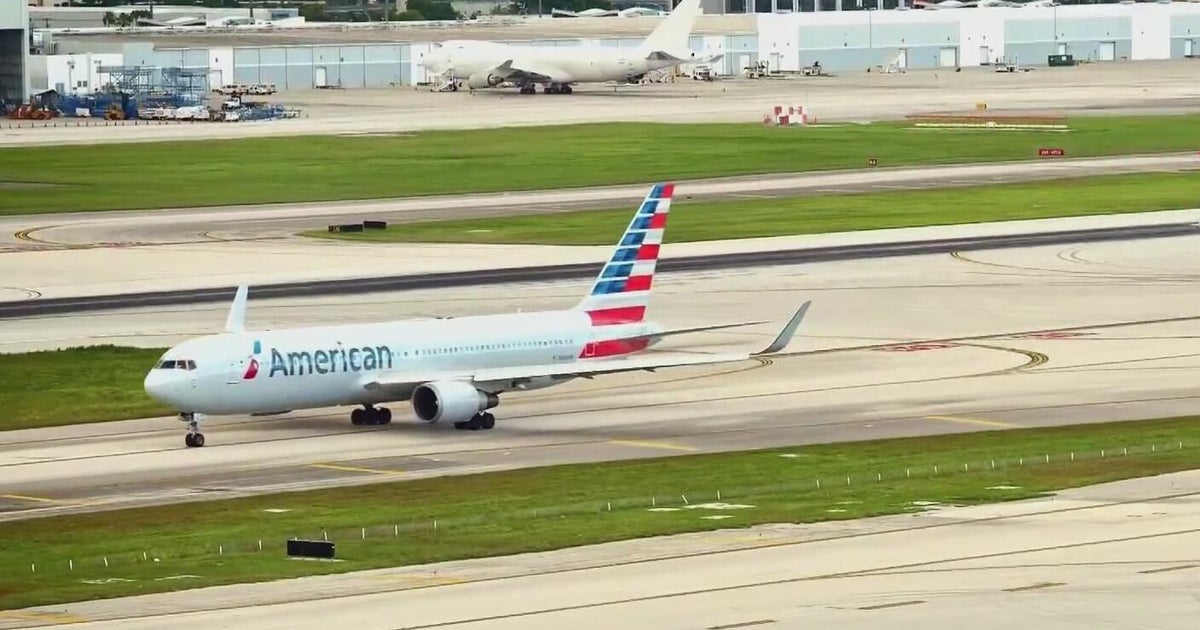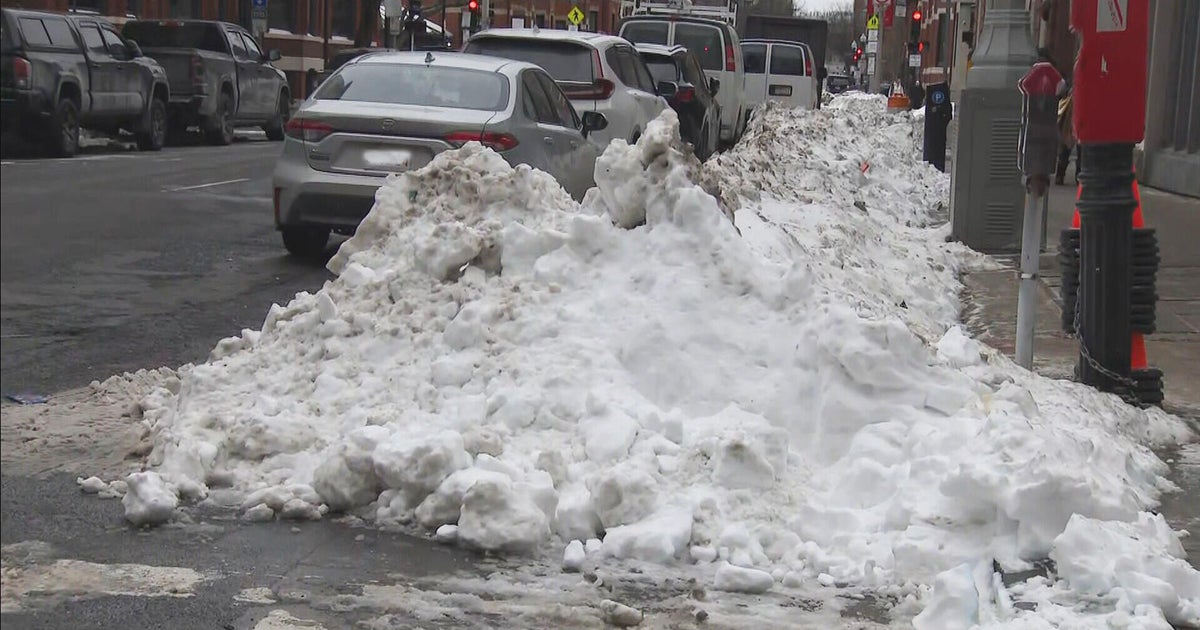Metra Unveils Smaller Fare-Hike Plan
UPDATED 10/14/11 5:00 p.m.
CHICAGO (CBS) -- Metra officials on Friday voted to release its plan to increase fares, but not nearly as dramatically as originally planned.
But as CBS 2's Susanna Song reports, there will still be plenty of pain to go around.
Fare increases for Chicago-only riders ranging from 44 to 69 percent were proposed a month ago. But when Metra released its 2012 budget plan Friday, spokeswoman Judy Pardonnet said the increases were much more evenly distributed, with an average hike of 25 to 30 percent.
LISTEN: WBBM Newsradio's Bob Roberts reports
Podcast
But among hundreds of thousands of Chicago area residents board Metra on a daily basis, many are not thrilled that any fare hike is coming at all. But one said it was inevitable.
"Anytime I have to spend more money, it's generally not good," said Mike Carey. "Right now, I think it's just kind of a necessary evil, because they need the money to keep the trains running, and I need the train to get to work on time, and at end of day, it's still cheaper than driving and parking"
Metra officials say they have no choice but to hit the passengers hard this time around.
"Unfortunately, we didn't have small increases to keep up with inflation, and that's what requires us to have huge increase now," Pardonnet said.
Commuter Kim Hernandez said not enacting small increases was a failure on the part of Metra.
"I just think that it's something that Metra should have planned for back in 2008, and instead, now everybody's got to take this massive hit, for how long? It's not right," Hernandez said.
Initially, Metra decided city passengers should see a higher spike in costs than suburbanites.
That unleashed a firestorm of protests from aldermen, legislators, community groups and some 7,000 riders. While the increases would affect all who ride between downtown terminals and points on Chicago's North, West and South sides, the biggest protest came from the south Side, where the Metra Electric District does a healthy business.
Metra heard in the past month from State Rep. Barbara Flynn Currie (D-Chicago), State Sen. Kwame Raoul (D-Chicago), Ald. Leslie Hairston (5th), other public officials, community groups, transit activists and inner-city pastors who said the fare increases would hit those who can least afford it the hardest.
The September fare proposal would have increased the monthly fares between downtown terminals and the heavily-patronized Ravenswood Union Pacific North Line station or the 55th-56th-57th station in Hyde Park on the Electric District from $63 to $106.
In some cases, the fare to ride Metra only within the city is as cheap as riding CTA, and some planners have argued that the A and B Zone fares within the city limits were priced artificially low.
Now, it will be about a 28 percent increase across the board.
"I don't know – the rate is so steep, the increase," said Metra passenger Charles Herrig.
Metra is trying to fill a $100 million budget gap. In September, the Metra board ruled out service cuts to close the shortfall, leaving fare hikes as the only option.
Metra staff proposed increases averaging 29.8 percent for monthly pass-holders; an average 32.2 percent for a 10-ride ticket and an average 17.3 percent for one-ride tickets.
Also tucked into the staff proposals submitted to the board were ones that would make one-way tickets non-refundable and good for only 14 days instead of the current one year, and another that would cut the shelf life of 10-ride tickets to six months. Currently, they also are one year.
Another proposal would drop the $7 weekend pass and replace it with a pass, still costing $7, that would be good for only one weekend day.
Further, the price of the monthly pass for the average commuter riding between downtown terminals and communities such as Lisle, Homewood, Deerfield, Itasca, Tinley Park, Palos Park, Highland Park, Arlington Heights or Wheaton would go from $128 to $162.
Metra increased one-ride ticket prices in February 2010, but last increased fares for those riding on monthly or 10-ride tickets in 2008.
Even the reduction in the size of the fare increase for in-city riders met with a lukewarm response from the Rev. Booker Vance, who chairs the group Southsiders Organized for Unity and Liberation, or SOUL.
"It means something, but the question we go back to is, why were they disproportionately and inadvertently impacting communities of color," he said.
But McHenry County Metra board member Jack Schaffer noted that Chicago sales taxes do not support the commuter rail agency, while McHenry County residents do, even though most of them don't use Metra.
"When I hear people who are going to get the lowest increase, who pay no sales tax, say we're being wronged, it doesn't play well in Harvard, let me put it that way," he said.
If the Metra board approves the fare hikes next month, they would take effect on Feb. 1.
Metra routinely sees hoarding of 10-ride tickets preceding fare increases, because they are good for use until one year after they are sold. But agency officials said they will detail efforts to minimize hoarding at the November Metra board meeting.







